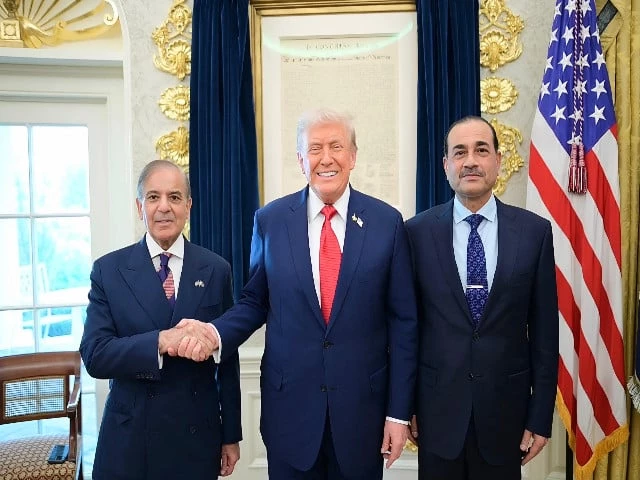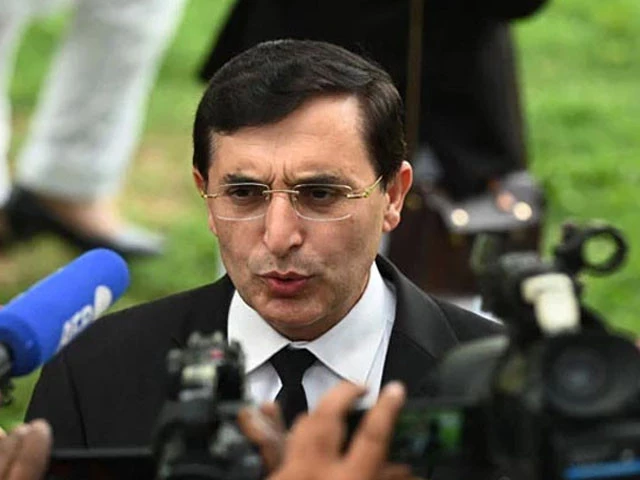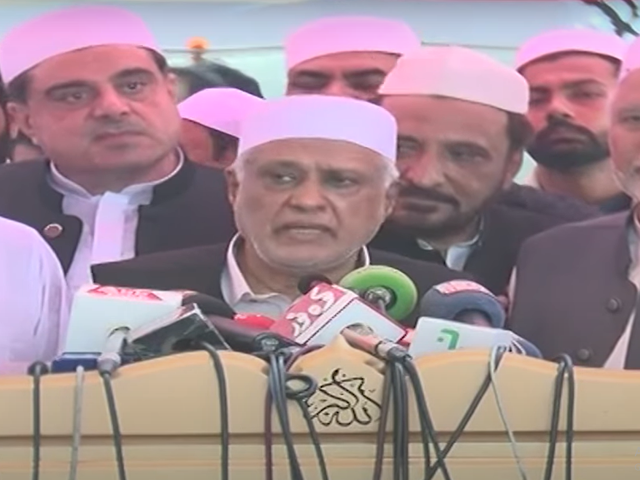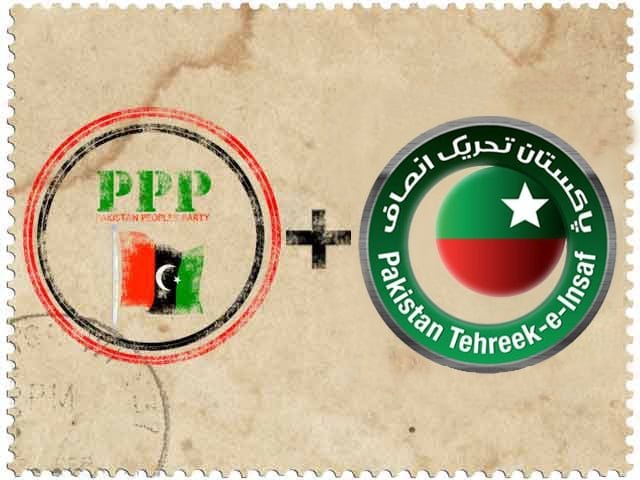A New Chapter in US-Pakistan Relations: PM Shehbaz Sharif’s Visit to the White House
When Prime Minister Shehbaz Sharif and the Field Marshal visited the White House on September 25, it sparked plenty of curiosity. Given the somewhat frosty receptions that many world leaders have faced since Donald Trump took office for a second term, all eyes were on how this particular meeting would unfold.
Remember that tense moment between Trump and Ukrainian President Volodymyr Zelenskyy? It’s still fresh in our minds. So, it was understandable that observers were on high alert about how Pakistan’s civil and military leadership would be received. Surprisingly, Trump opted for a low-key approach, keeping their discussions behind closed doors and skipping the usual media fanfare. Instead of a grand Oval Office press appearance, we got a brief video clip and a few stills, offering a sneak peek into what happened.
From what we’d gathered, the meeting seemed to be more cordial than combative—a refreshing change for those familiar with Trump’s past confrontational style. This engagement signals a potential turnaround in US-Pakistan relations, which many had viewed with skepticism prior to Trump’s return. The meeting was not just about pleasantries; it marked a significant step towards resetting strained ties that had been lingering for years.
Pakistan has managed to carve out space for itself, demonstrating its relevance in regional matters. Unlike previous engagements where Islamabad might have sought security assistance or financial aid, this time it appeared more focused on leveraging its relationship with Washington for political benefit amid shifting global dynamics.
It’s crucial to understand that critics might evaluate the outcome based on material support, such as aid packages and military hardware. However, insiders stress that the primary goal was political alignment. As one source put it, "If Pakistan wasn’t on the right side of Trump, it could have proven to be detrimental."
The geopolitical landscape in South Asia is changing, with Washington’s affinity for India cooling over trade disputes and shifting strategic priorities. For Pakistan, this provides a unique opportunity to assert itself as a vital player in ongoing discussions surrounding Afghanistan, counterterrorism, and regional stability. The presence of the Field Marshal at these talks was a strong indication that civilian and military leaders in Pakistan are united in this strategic approach.
While we await concrete results from this political reset, the mere fact that Pakistan has avoided strategic isolation is already viewed as a victory. According to officials, the key here is that keeping the US engaged is invaluable, even if the dividends are not immediately apparent.
Additionally, Pakistan’s global standing is gradually rising, as evidenced by recent defense deals and its participation in key summits, including the Arab-Islamic summit hosted by Trump in New York.
In conclusion, the recent discussions at the White House depict a pivotal moment in US-Pakistan relations, showing both nations are keen to redefine their partnership in meaningful ways. As these dynamics evolve, it will be interesting to see how they affect not just the two countries but the broader geopolitical landscape. For more insights and updates on international relations, stay connected with us at Pro21st.
At Pro21st, we believe in sharing updates that matter.
Stay connected for more real conversations, fresh insights, and 21st-century perspectives.





